Switch language
The White Stork team
Meet the Team
The team is made up of researchers from a number of research institutes and universities based in the UK and Portugal. The study is led by Dr Aldina Franco from the University of East Anglia.
Aldina FrancoAldina is a conservation biologist based at the School of Environmental Sciences, University of East Anglia. She is interested in the conservation of endangered species and biodiversity and her main research focuses on understanding ecological responses to environmental change, in particular understanding dispersal and migration, key species traits that enable range change. Her research group includes 2 postdoctoral researchers and 5 PhD students.
|
|
Phil AtkinsonPhil is the Head of International Research at the British Trust for Ornithology. His work focus on understanding the impacts of environmental change on bird populations and the ecology of Palearctic migrants. |
|
Ines CatryInes is a Post-doctoral Research Fellow at the Centro de Ecologia Aplicada Prof. Baeta Neves in Lisbon, Portugal. Her main research interests include the ecology and conservation of steppe-land birds, bird migration and the impacts of climate change on birds. She joined this project because of her interest in understanding the mechanisms through which migratory behaviour can be altered and the influence of environmental changes on these mechanisms. She also works on similar issues with Lesser Kestrel Falco naumanni and European Roller Coracias garrulus. |
|
Nathalie GilbertNathalie is studying for a PhD at the University of East Anglia and is jointly supervised by the BTO. Her study is focused on the impact of winter and breeding season habitat selection on distribution and productivity in partial migrants in Iberia, and the White Stork is her main study species. As well as tracking birds, she is using stable isotopes from feathers to determine wintering location (and hence degree of partial migration) in several species including the storks, Lesser Kestrel and European Roller.
|
|
Ricardo CorreiaRicardo is studying for a PhD jointly supervised by the University of East Anglia and the University of Lisbon. His thesis "Climate change effects on land use and bird communities of Iberian Peninsula extensive agricultural systems: a conservation approach" will focus on evaluating potential climate change impacts on habitats and biodiversity, using birds as a study group and the links between climate change and management and human activities in order to provide conservation-oriented measures. The changing migratory habits of White Storks provide a particularly interesting case-study between the interactions of human activities and climate change |
|
Joao Paulo SilvaJoao provides technical support for the tracking of the White Storks. He has developed a system that uses a GPS/accelerometer logger that transmits the data remotely via the mobile phone GSM network. He is a researcher at the Centre for Applied Ecology “Prof Baeta Neves”, Technical University of Lisbon, and is carrying out a post-doctoral project centred on the climate change impacts on steppe land birds, using the Little Bustard Tetrax tetrax as a model species. |
|
Carlos PachecoCarlos is a conservation and field biologist working in Portugal for Mãe D’Agua. He has many years of experience trapping and fitting harnesses to birds including large eagles, vultures and storks and has developed his own capture techniques and equipment for different species. In this project he is interested in the habitat use and breeding success of the marked birds and their social migration strategies.
|
|
Goncalo RosaGoncalo has worked with White Storks for many years and is an advisor to the project. He is the coordinator of the White Stork colour-ringing scheme and has colour-ringed thousands of White Storks in Portugal. Goncalo coordinated the latest National Census of the White Stork in 2004 in Portugal. He has recently published O Regresso da Cegonha Branca (The Return of the White Stork) about the White Stork in Portugal and is an established wildlife photographer. Goncalo is a valued adviser to this project. |
|
David RichardsonI am a molecular ecologist based in Biological Sciences at UEA. My primary interest is in understanding the causes and consequences of genetic variation among individuals and populations. I mainly focus on avian systems to investigate the adaptive significance of reproductive strategies and to study stress and senescence in wild populations. The conservation of endangered bird species is an important part of my work. |
Our Volunteers
A big thank you to you all for hard work and long patient hours reading rings and assisting with stork catching: Daniel Cadwallader, Nuno Faria, Phil Saunders, Manuel Franco, Jose Alves and Sara.

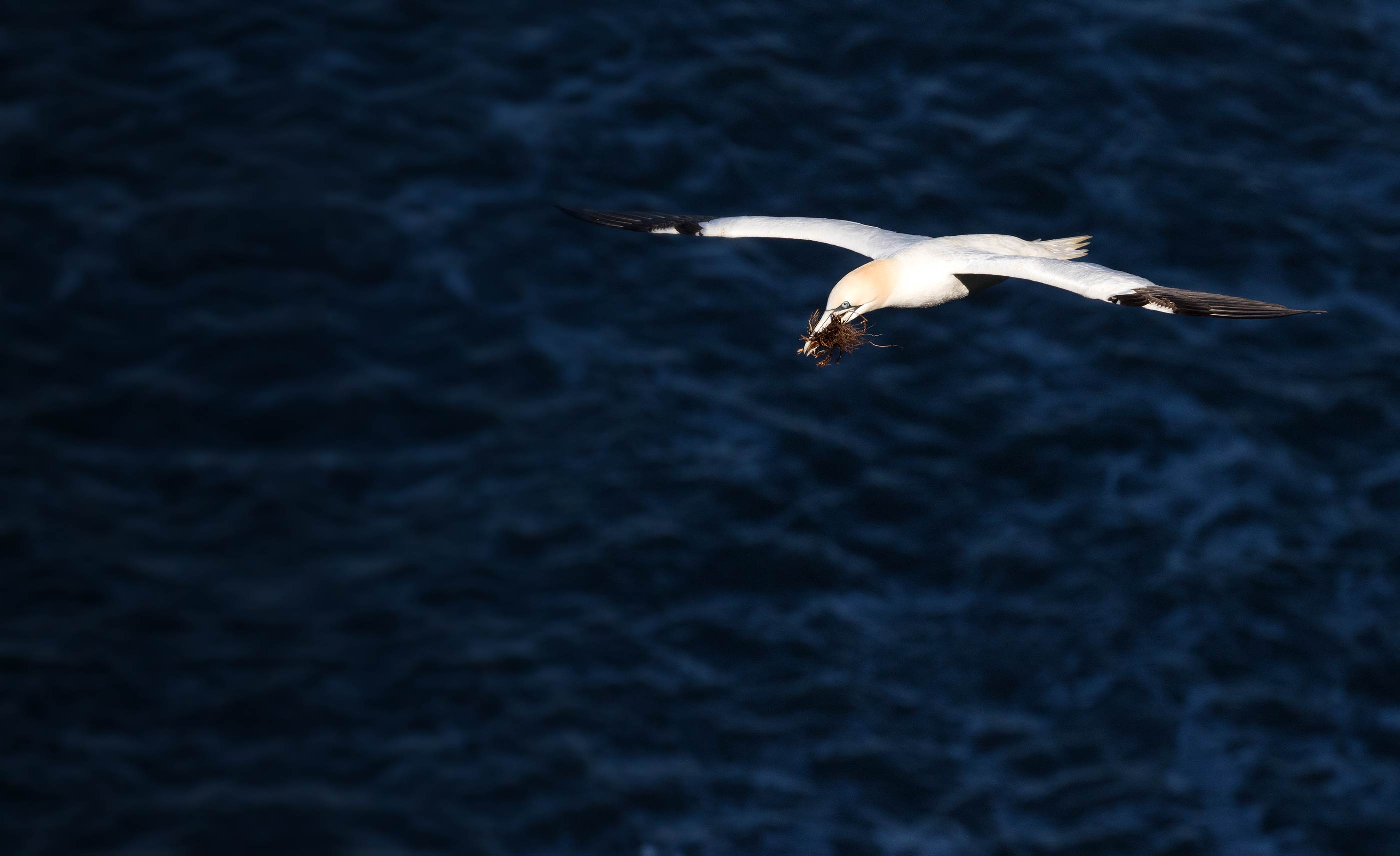
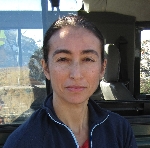
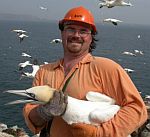
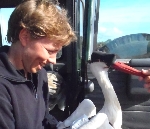

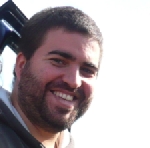
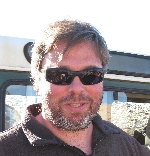

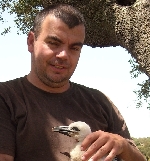
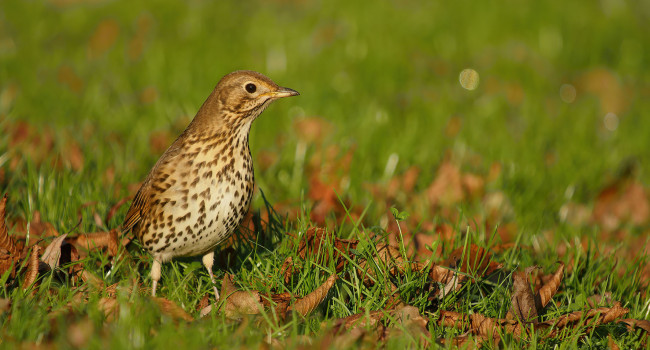
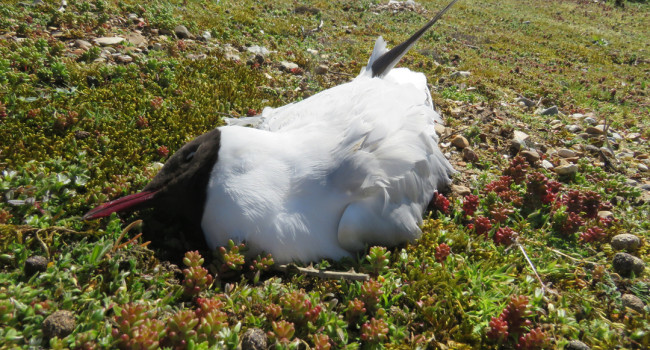
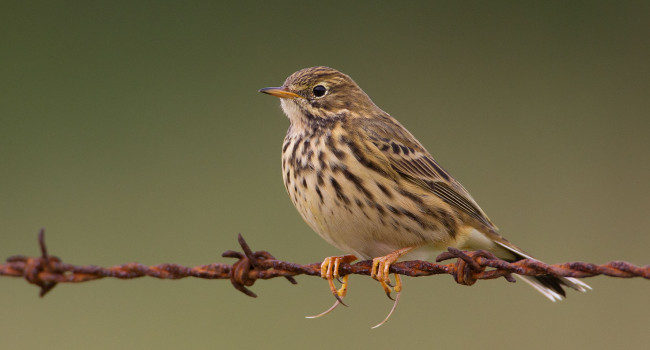

Share this page